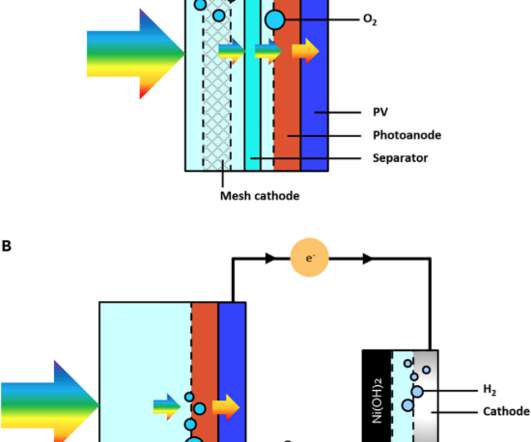New porous coordination polymer captures CO2, converts it to useful organic materials
Green Car Congress
OCTOBER 13, 2019
The new material is a porous coordination polymer (PCP, also known as MOF; metal-organic framework), a framework consisting of zinc metal ions. However, weak gas-binding ability and/or poor sample crystallinity after guest exchange hindered the development of efficient materials for CO 2 incorporation, activation and conversion.















Let's personalize your content